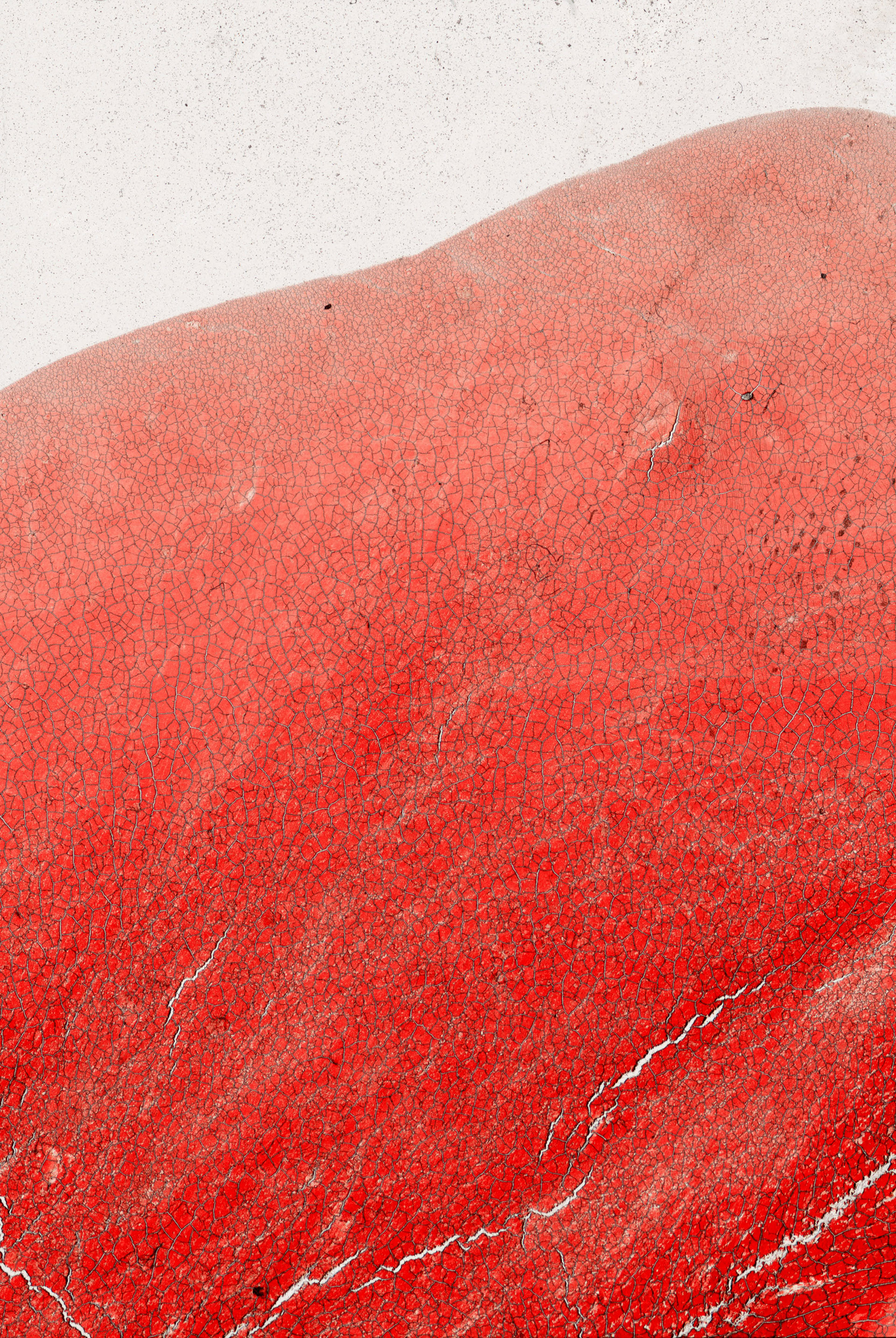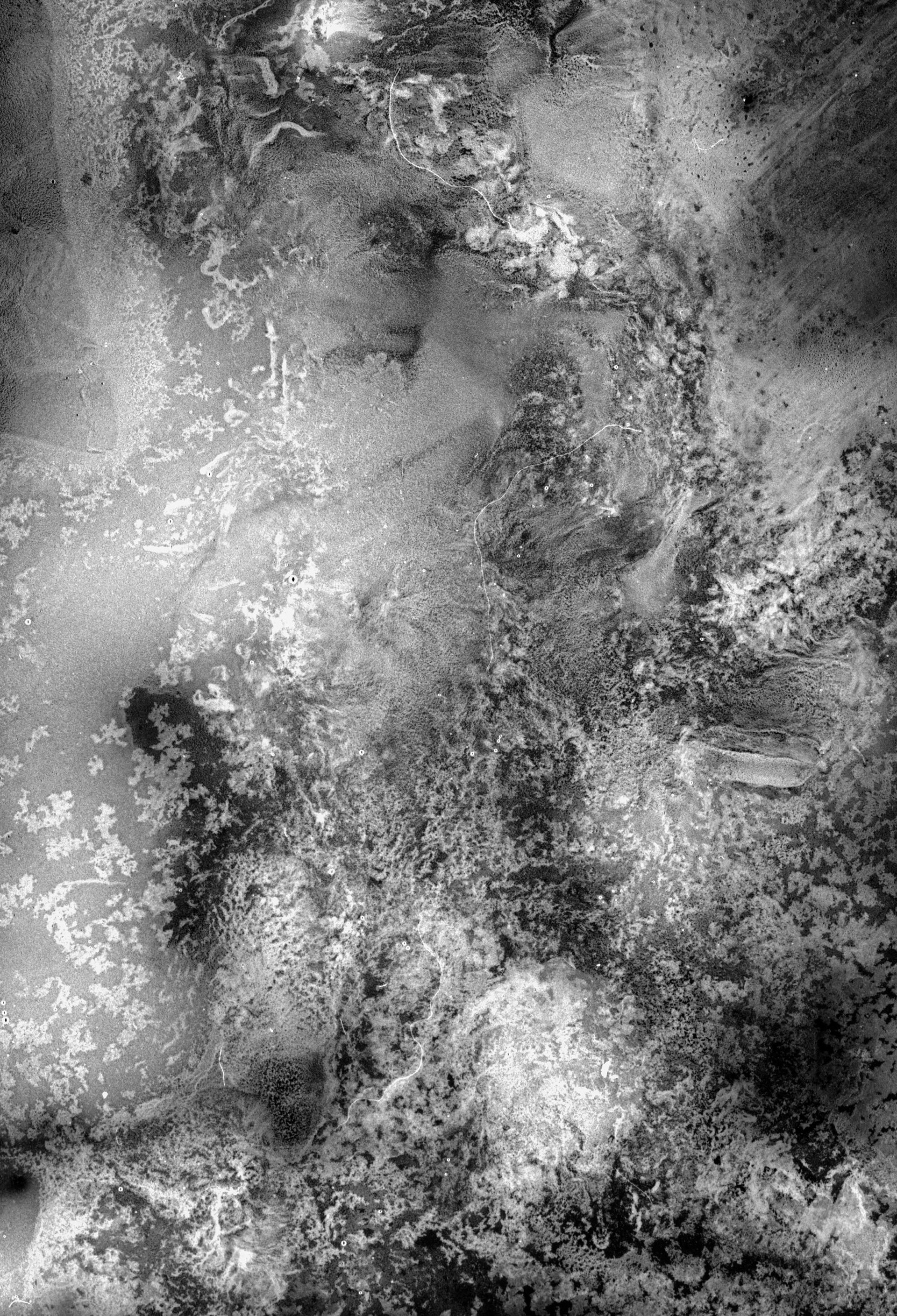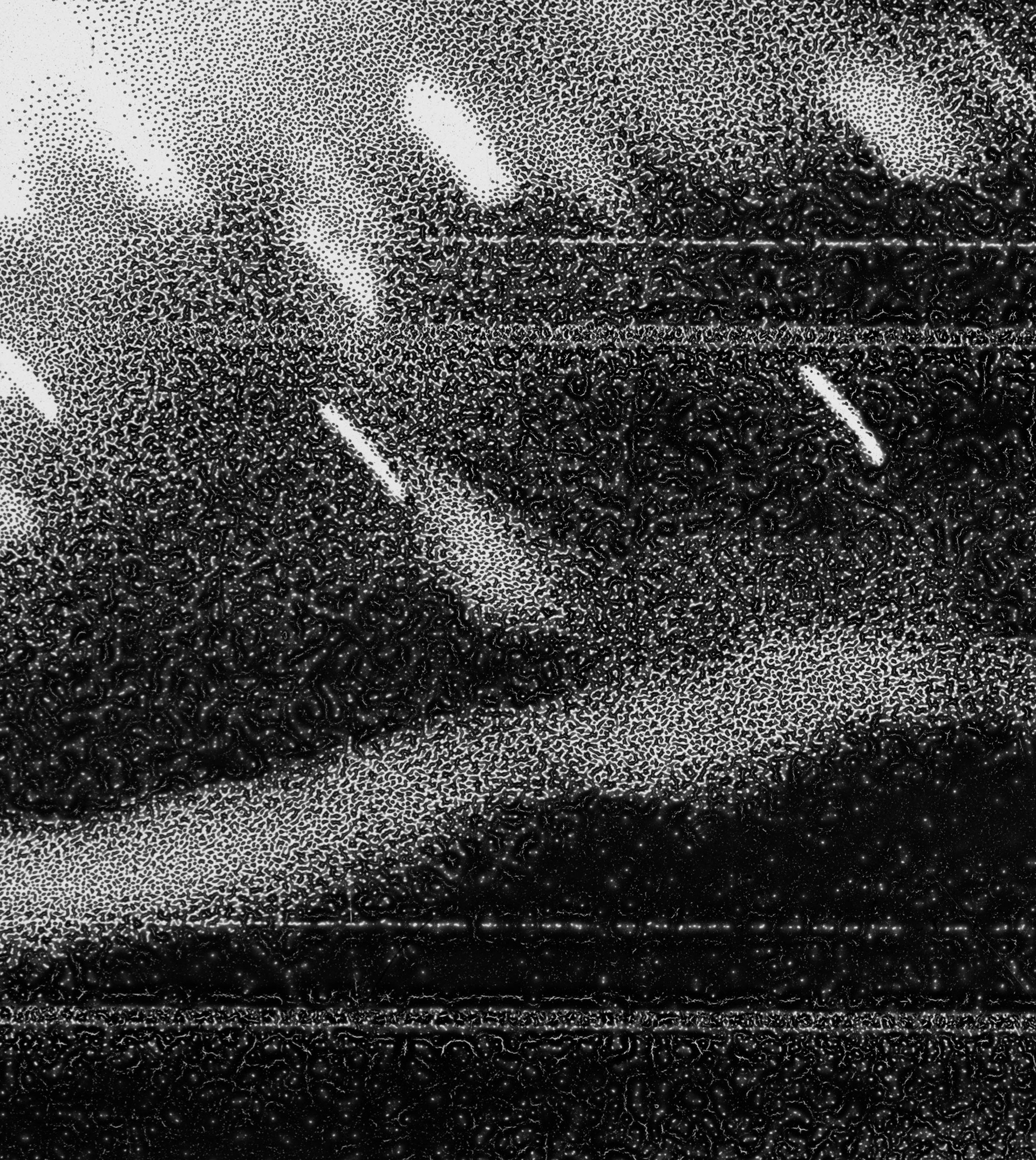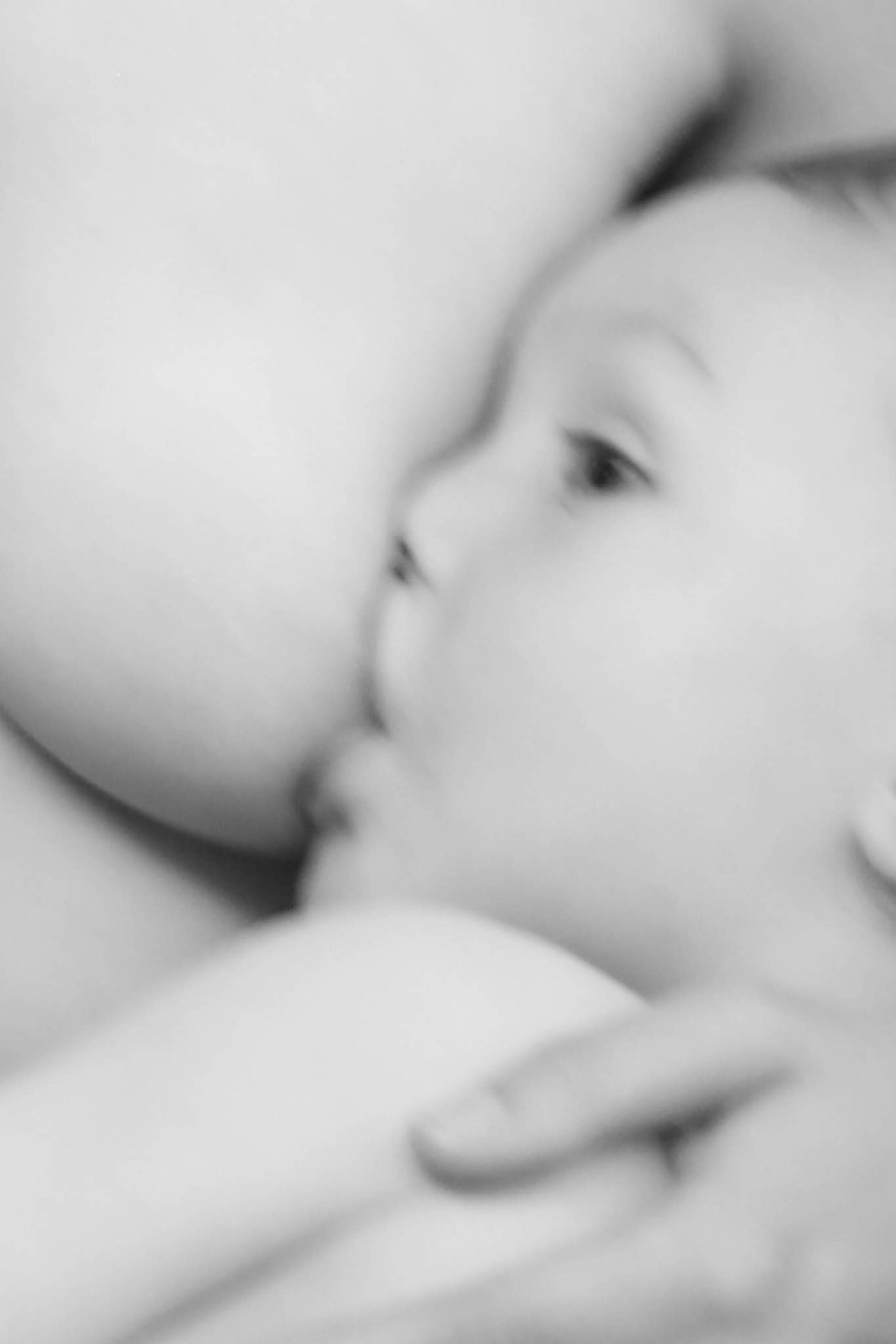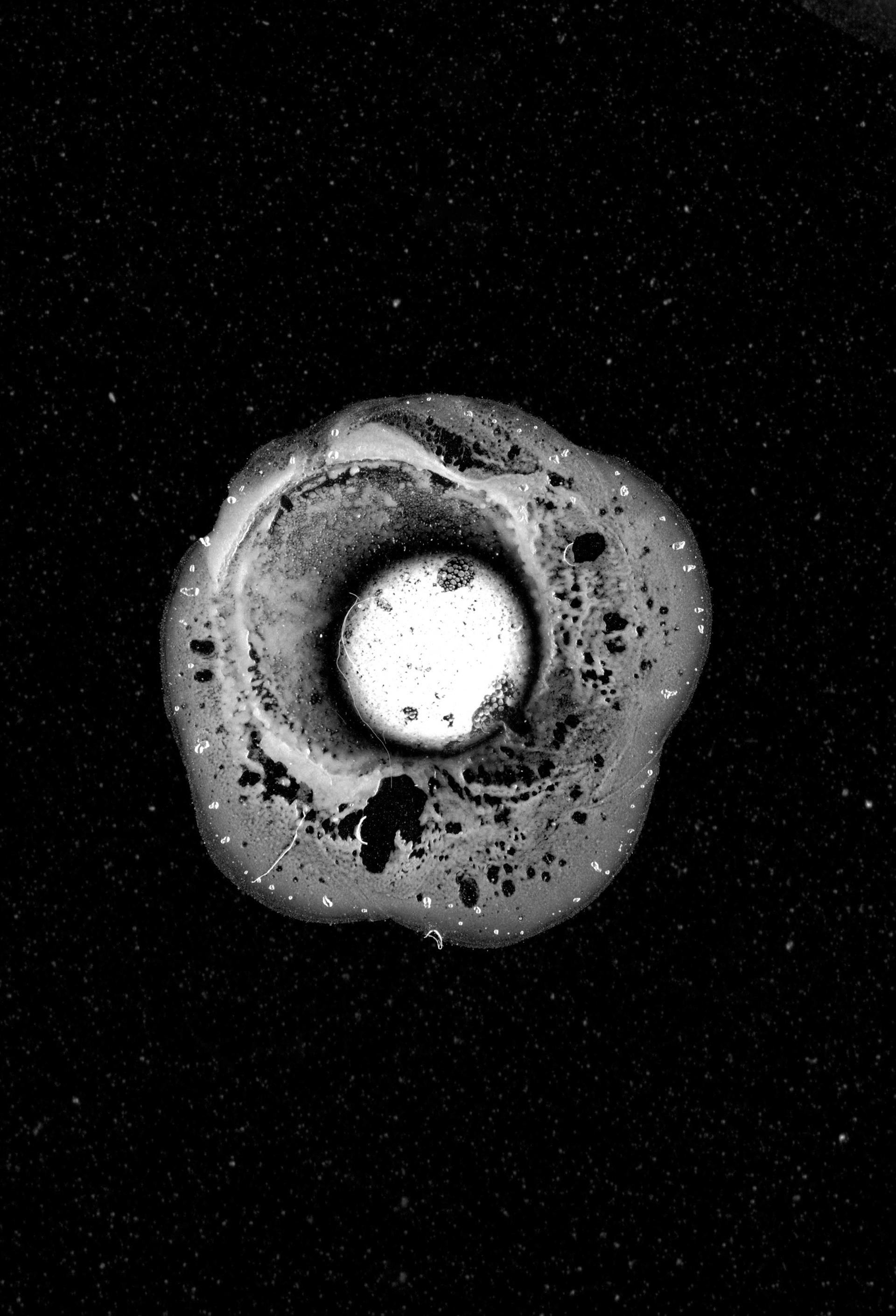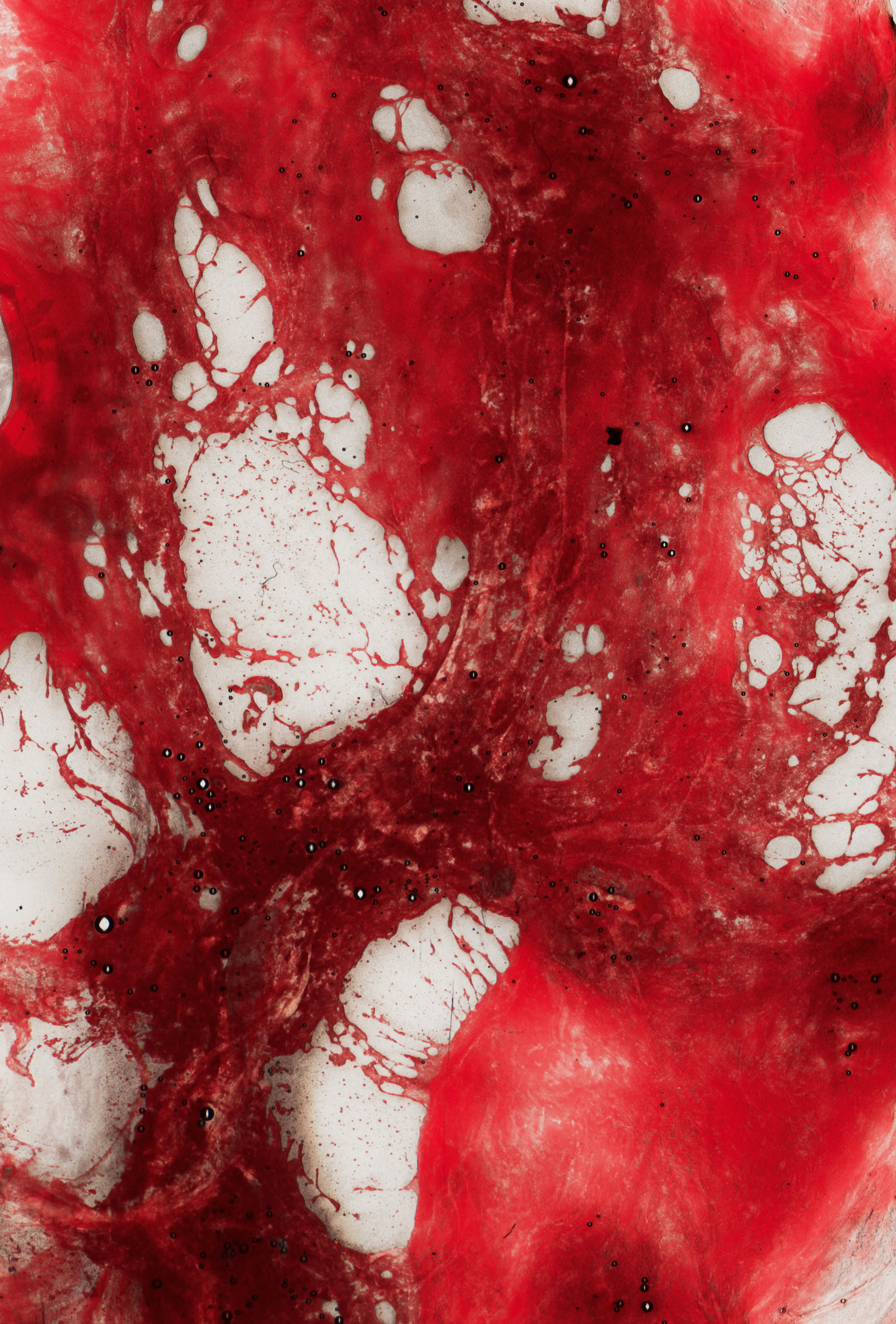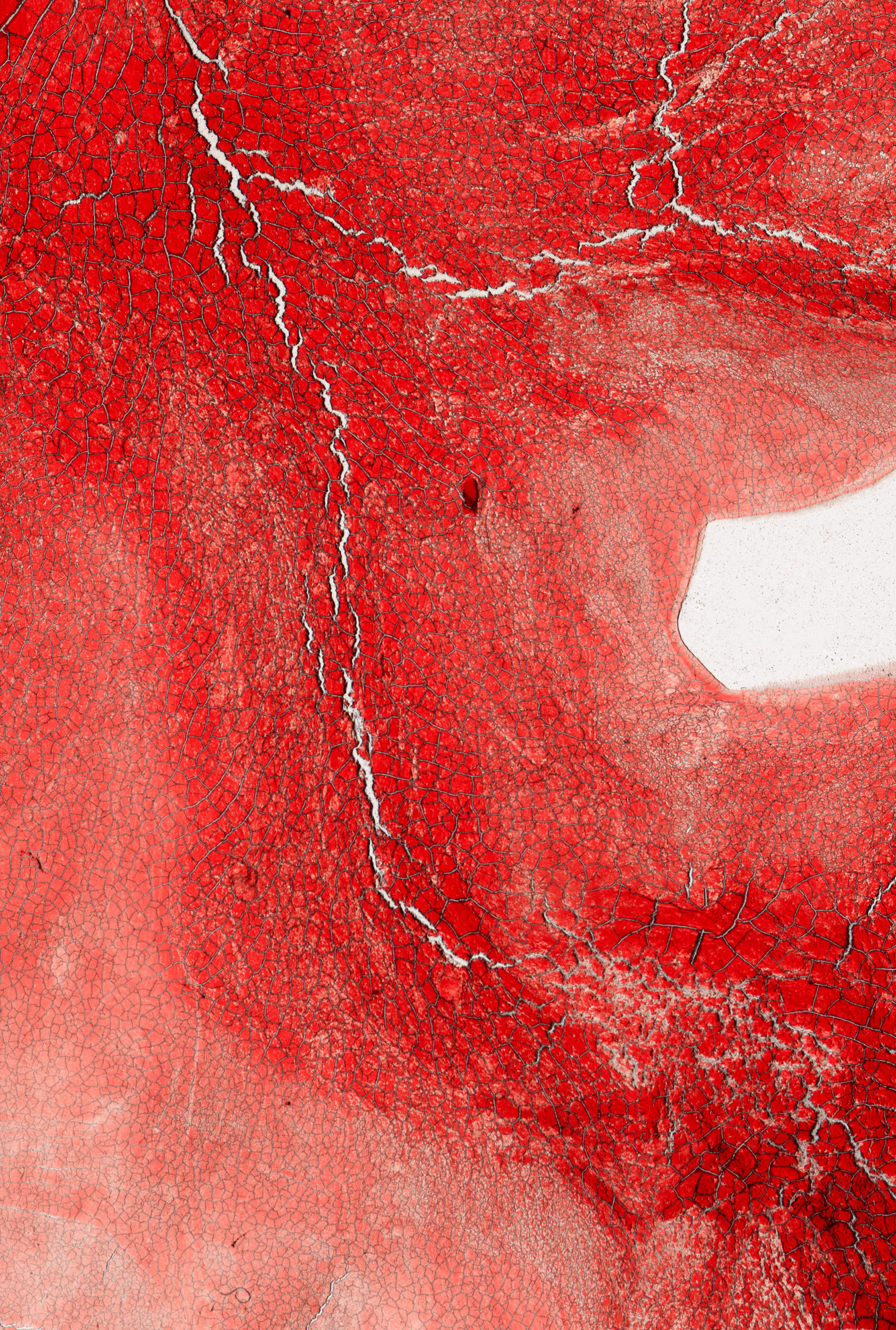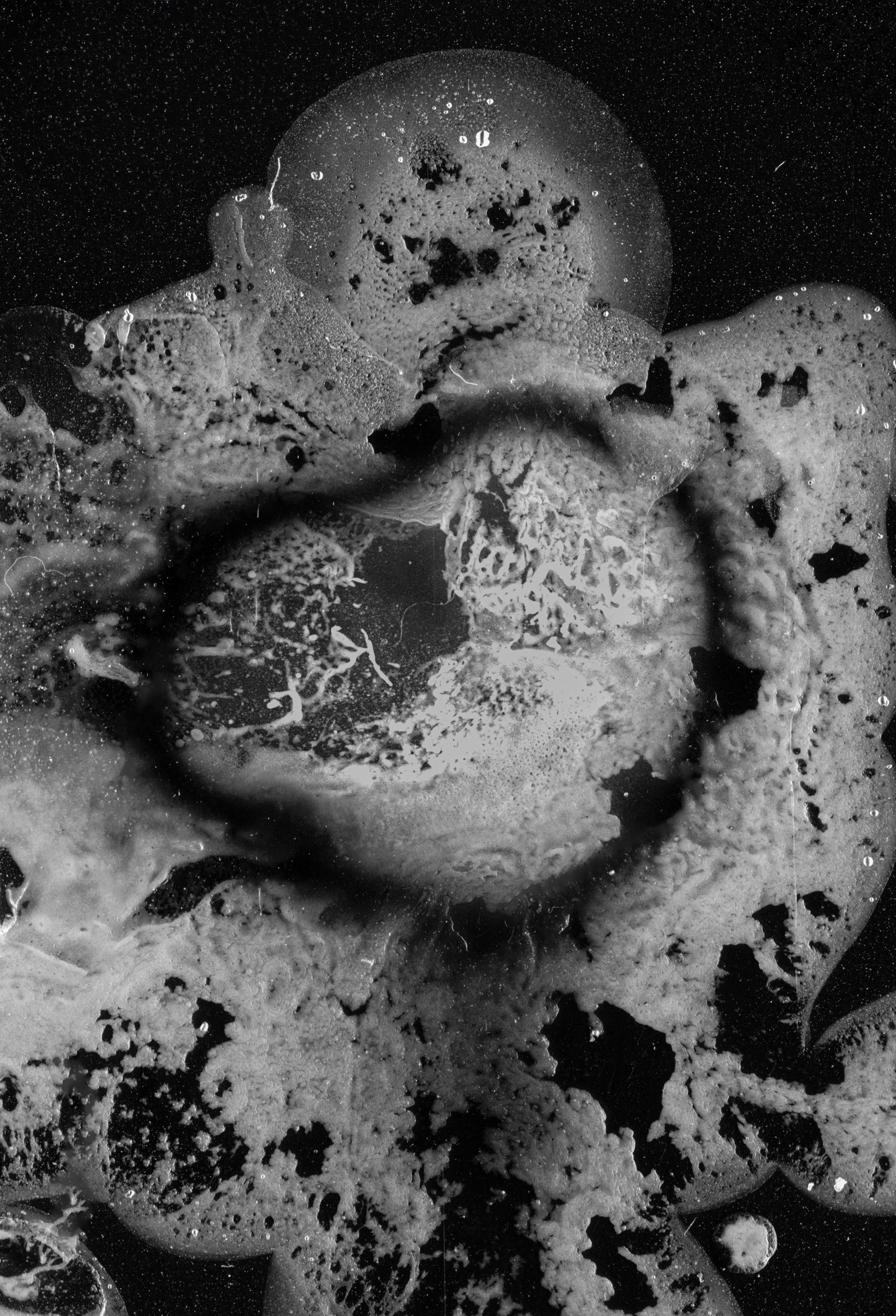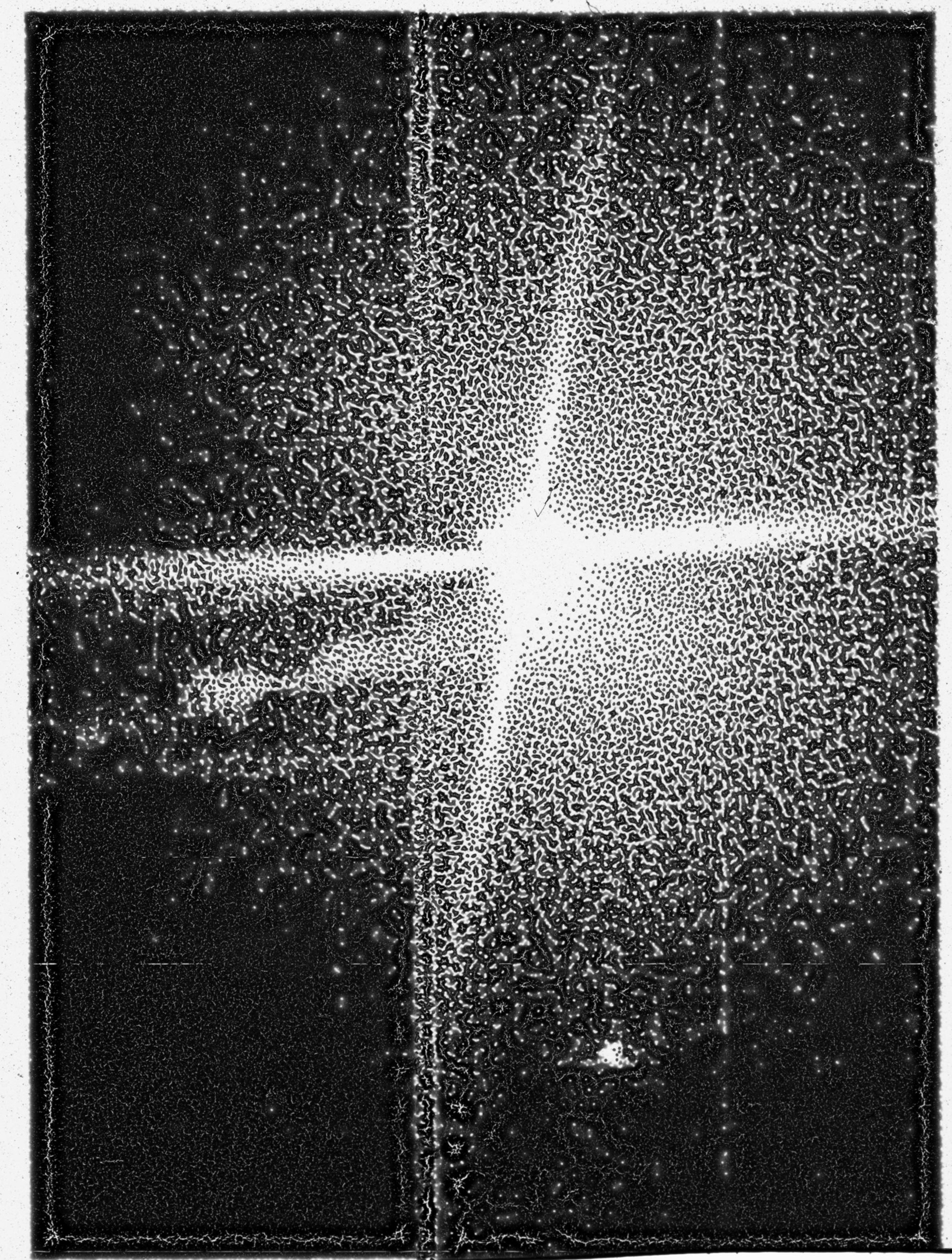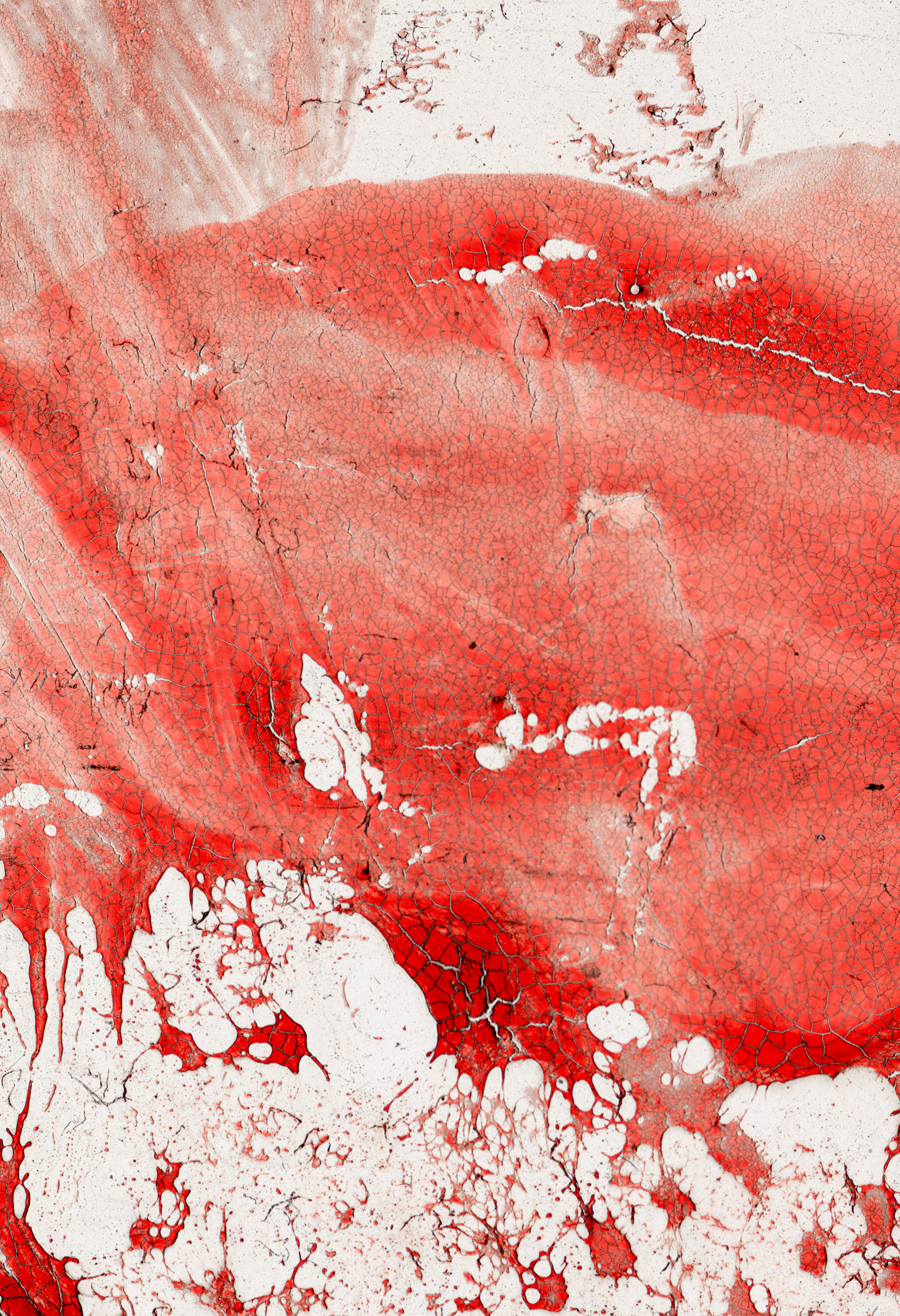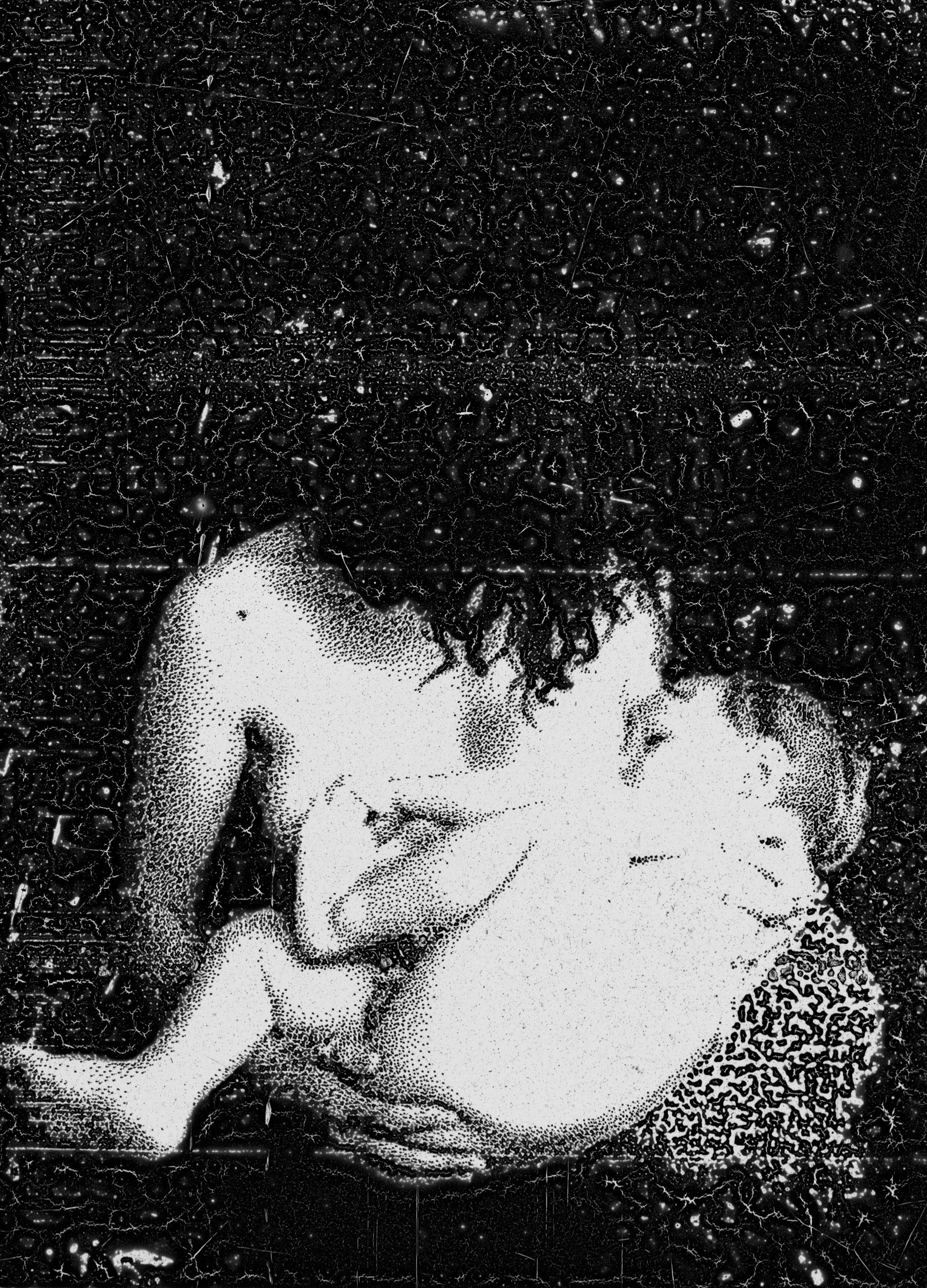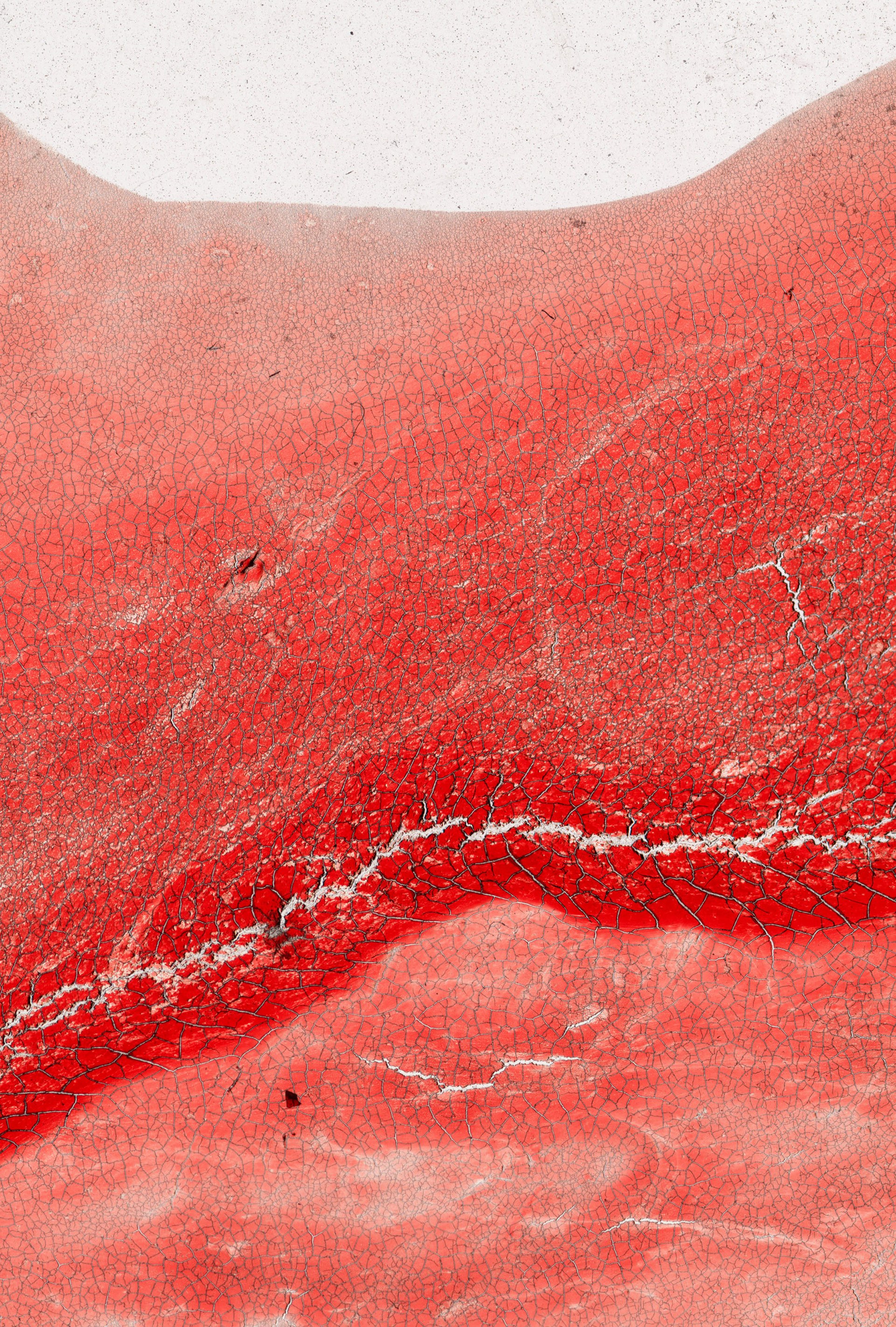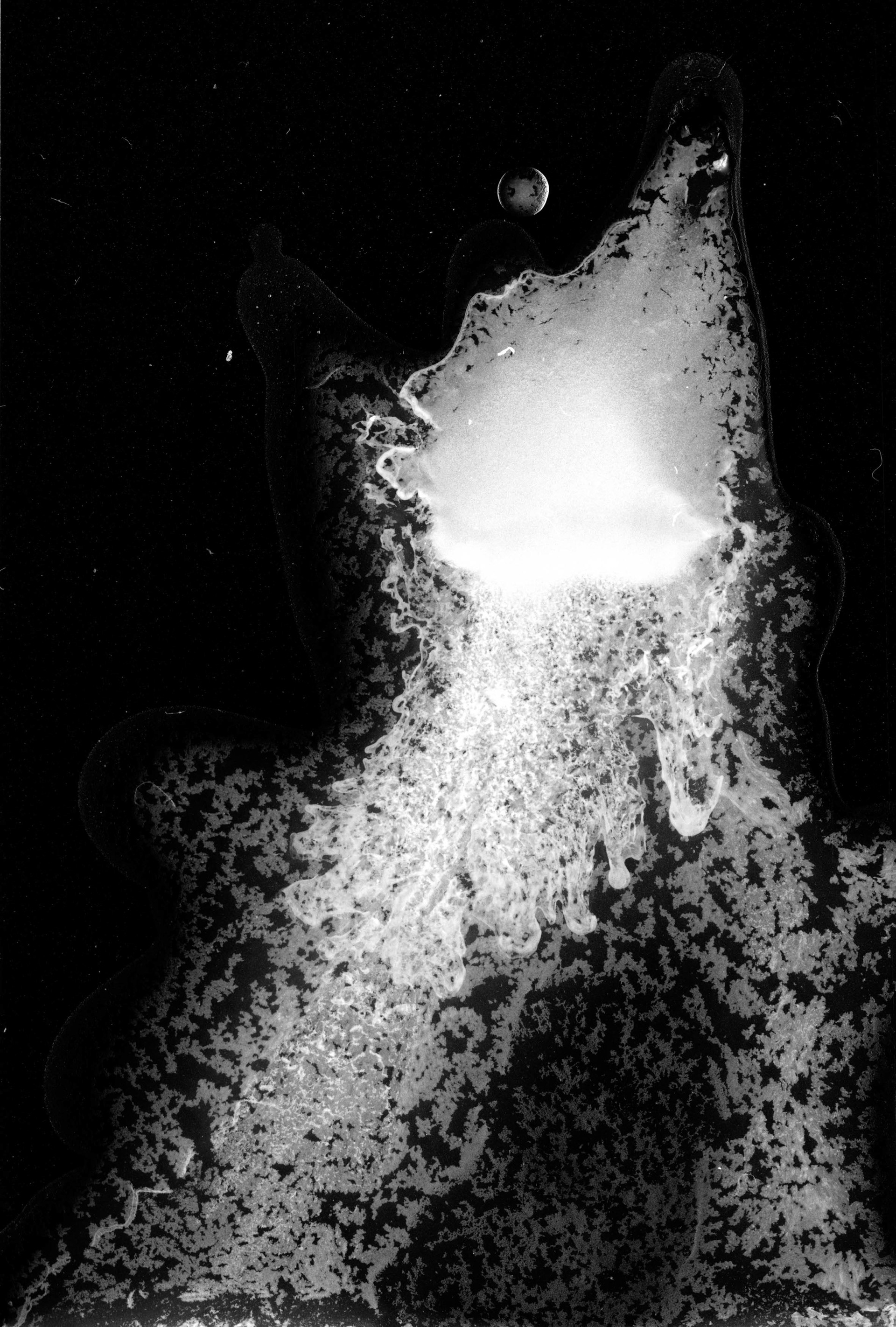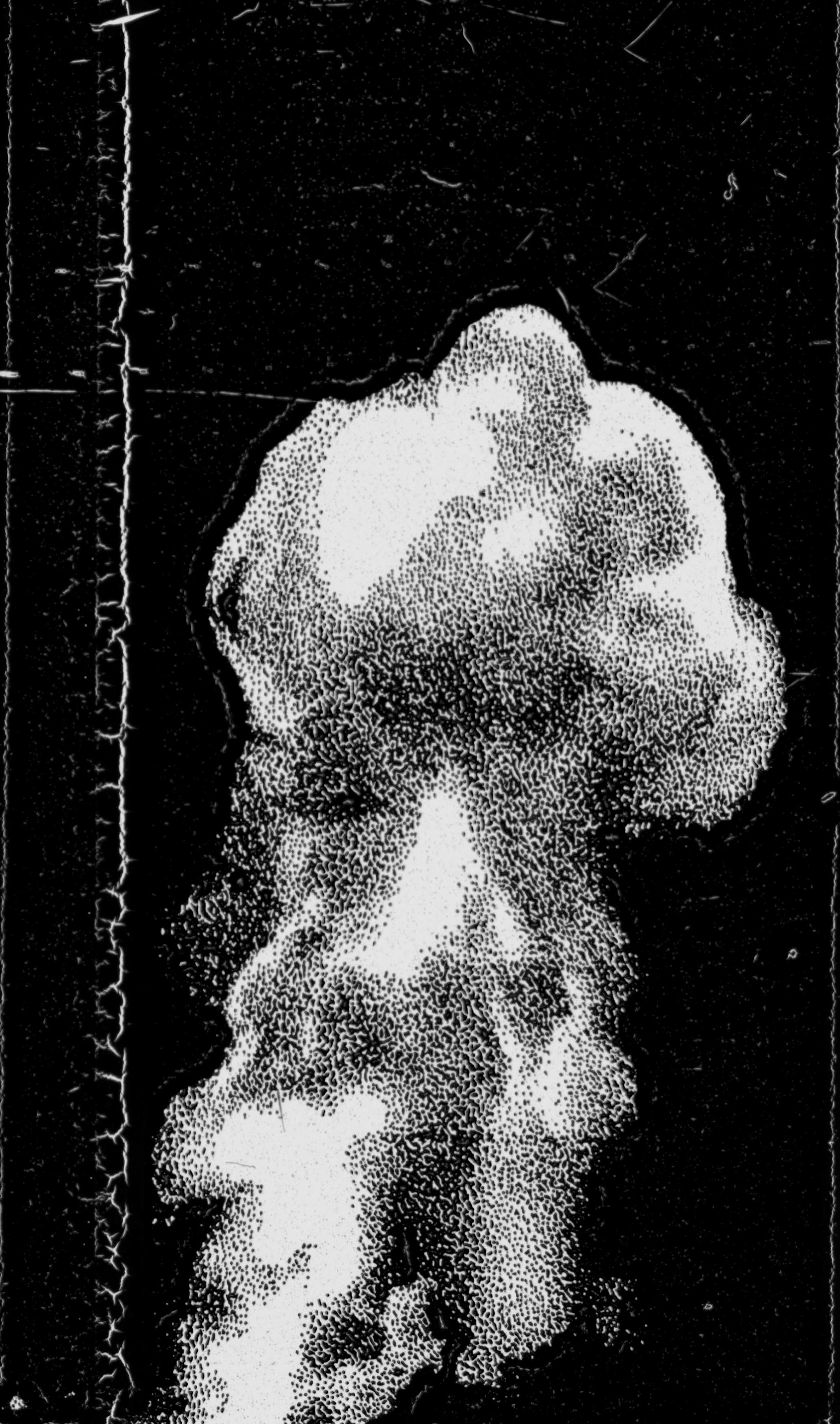Blood & Milk
photographs capturing my own blood & breastmilk
2024
photographs capturing my own blood & breastmilk
I was five months pregnant when the Russian invasion of Ukraine began, and my first year of motherhood intertwined with war. Early on, the lines between nurturing life and witnessing destruction blurred. I would breastfeed my son while scrolling through videos of missile strikes and demolished homes, two experiences overlapping each other.
Across cultures, milk and blood hold powerful meanings: life against death, and innocence against sacrifice. Blood has been spilled to appease gods of war or mark victory, and milk poured for protection, fertility, and peace.
Heraclitus called war the father of all, a force for change. Yet, could war also be a sorrowful mother, birthing cycles of growth and decay as civilizations rise and fall?
Can war, too, be a mother?
